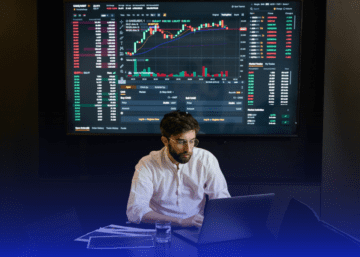The World Economic Forum’s “Future of Jobs Report” for 2016 places Judgment and Decision Making at number 7 in the list of the top 10 in-demand skills it anticipates being required in 2020. Even more significantly, it also ranked complex problem solving, critical thinking and creativity—all vital aspects of decision making—at numbers 1, 2 and 3!
For more information about the implications of the shift in the Top 10 Skills, and of current disruptions in industry, here’s a short report from the World Economic Forum
Michael Nicholas’ book “The Little Black Book of Decision Making: Making Complex Decisions with Confidence in a Fast-Moving World”, provides vital assistance to people wishing to prepare themselves for this new world. It takes readers on a journey towards greater self-awareness and challenges them to think about the way they approach their decision making.
The book also highlights the vital importance of emotional resilience in effective decision making. Achieving growth in our levels of emotional resilience requires us to work towards greater self-knowledge by understanding how we as individuals react in emotional situations. Only with this higher-level awareness can we make new choices.
So, one of the most important aspects of self-awareness is the ability to recognise our emotions as they are happening. As we learn to do so, our Emotional Intelligence—number 6 on the list of the top 10 in-demand skills—will also improve.
The term “emotional intelligence” (EI or EQ) was coined by researchers Peter Salovey and John Mayer, and made famous by author Dan Goleman in his book “Emotional Intelligence”. It refers to the ability to recognise, understand and manage or influence emotions in self and others.
Many studies have demonstrated the strong correlation between well-developed EI and high performance in virtually every field of endeavour.
If you’d like to learn more about emotional intelligence, here’s a video where Daniel Goleman goes into further detail:
The most critical aspect of what shapes our emotional responses is whether we, in general, perceive the environment as “favourable” or “unfavourable”. If unfavourable, we are more likely to experience things as stressful, and to react in an automatic and habitual way to them. If favourable, we are more likely to be open and receptive to new experiences, and our responses will be more considered and creative.
Thus, our decision making is fundamentally affected by emotions. To improve it, one of the most powerful things that we can do is to improve our EI, and that is achieved most effectively by starting with self-awareness.


